For the third year in a row, no Nigerian university has been listed among the world’s top 1,000 in the newly released QS World University Rankings 2026, spotlighting growing concerns over the global competitiveness of Nigeria’s higher education sector.
According to the latest data published by Quacquarelli Symonds (QS), a UK-based global higher education analytics firm, only three Nigerian universities—University of Ibadan (UI), University of Lagos (UNILAG), and Ahmadu Bello University (ABU), Zaria—were ranked at all. UI and UNILAG retained their positions in the 1,001–1,200 category, while ABU appeared for the first time, falling within the 1,201–1,400 band.
In contrast, African counterparts like Egypt and South Africa made significant strides. Egypt had 20 institutions featured, while South Africa, long considered the continent’s academic powerhouse, recorded 11 ranked universities—including two in the global top 300. The University of Cape Town stood out, ranked 150th globally, followed by the University of the Witwatersrand at 291st.
The QS World University Rankings evaluate institutions across eight rigorous indicators: academic reputation, employer reputation, faculty-to-student ratio, citations per faculty, international faculty ratio, international student ratio, international research collaboration, employment outcomes, and sustainability.
Despite the historical relevance of Nigerian universities and their high student throughput, challenges persist in critical areas such as research impact, global collaboration, and graduate employability—factors that weigh heavily in the QS methodology.
Across Africa, other countries like Tunisia (4), Ghana (2), Morocco (2), Kenya, Libya, Uganda, Ethiopia, and Sudan also had universities listed, demonstrating a growing regional commitment to global academic visibility and quality assurance.
The continued exclusion of Nigerian universities from the upper echelons of the rankings underscores an urgent need for renewed investment in research infrastructure, faculty development, industry partnerships, and global academic exchange programmes.






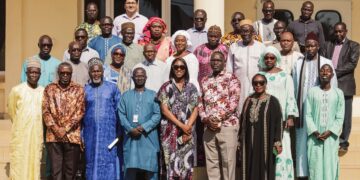
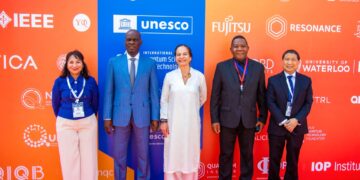






















































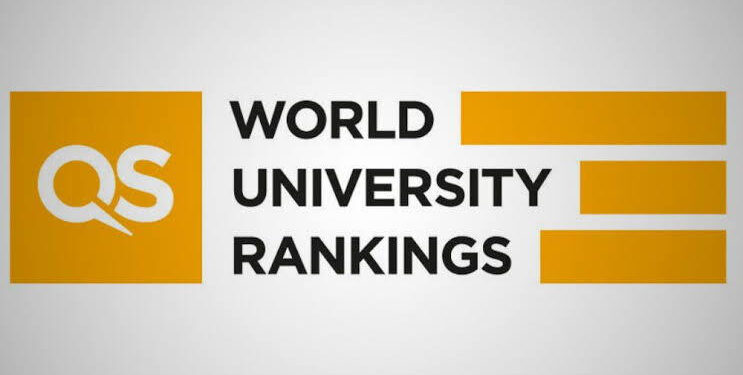





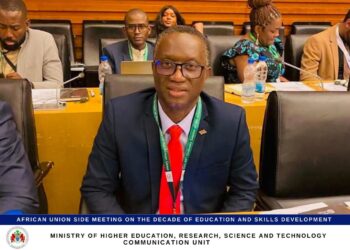


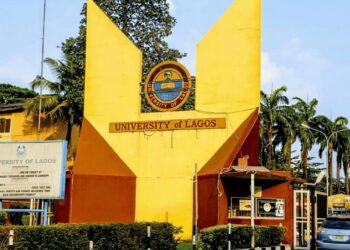
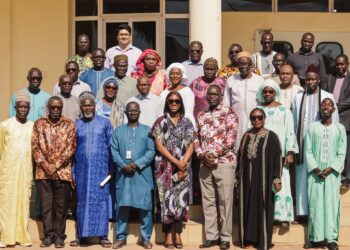










 EduTimes Africa, a product of Education Times Africa, is a magazine publication that aims to lend its support to close the yawning gap in Africa's educational development.
EduTimes Africa, a product of Education Times Africa, is a magazine publication that aims to lend its support to close the yawning gap in Africa's educational development.